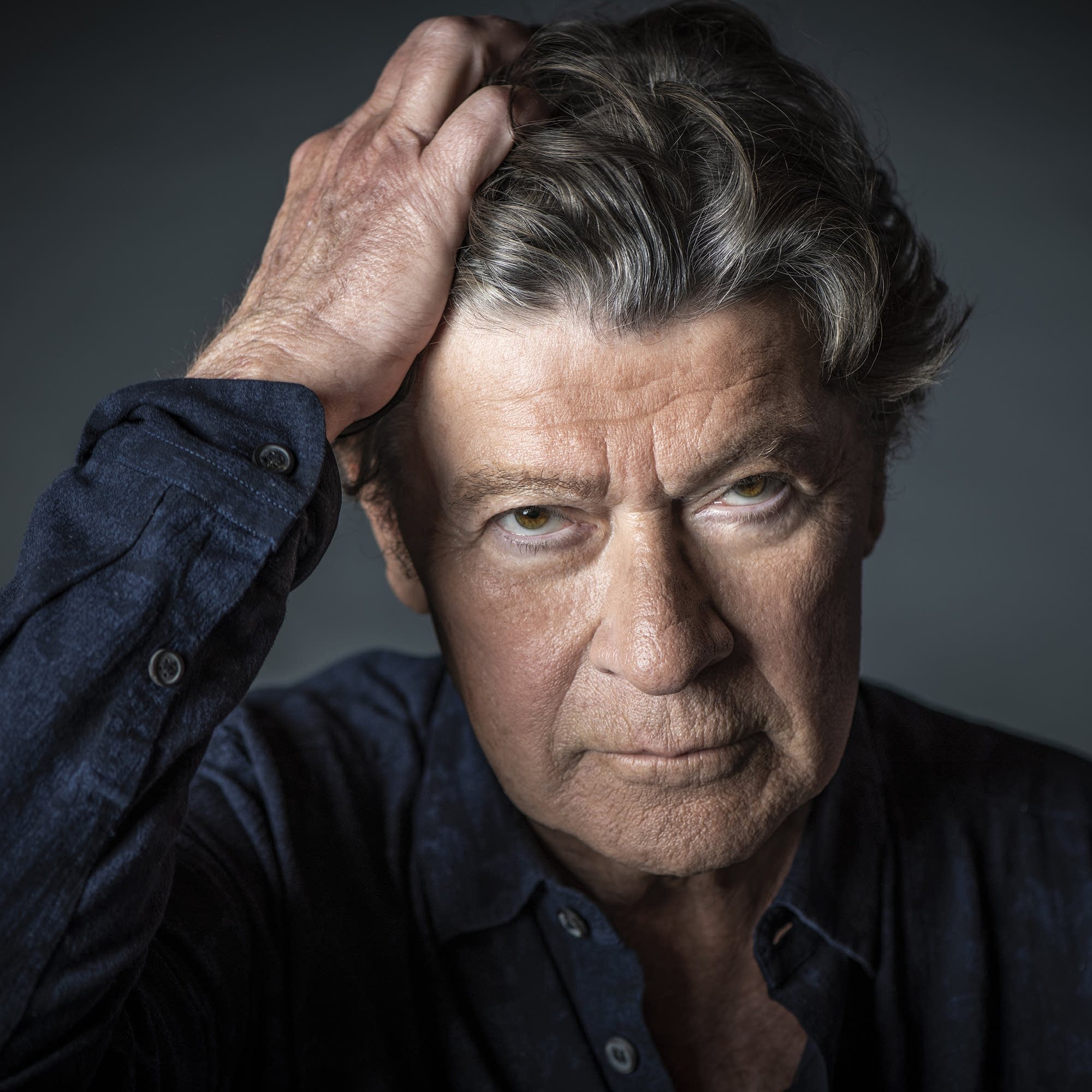
- Details
- By Native News Online Staff
Some of his 1960s and ‘70s era hits include rustic, classic rock standards like “The Weight,” “The Night They Drove Old Dixie Down” and “Up on Cripple Creek,” to name a few. The group also frequently collaborated with Bob Dylan, even recording a remarkable version of his song “We Shall Be Released.”
Following Robertson’s death on Wednesday in Los Angeles, Jared Levine, the musician’s longtime manager, issued this statement: “Robbie was surrounded by his family at the time of his death, including his wife, Janet, his ex-wife, Dominique, her partner Nicholas, and his children Alexandra, Sebastian, Delphine, and Delphine’s partner Kenny. He is also survived by his grandchildren Angelica, Donovan, Dominic, Gabriel and Seraphina. Robertson recently completed his fourteenth film music project with frequent collaborator Martin Scorsese, ‘Killers of the Flower Moon.’ In lieu of flowers, the family has asked that donations be made to the Six Nations of the Grand River to support a new Woodland Cultural Center.”
Aside from his personal musical projects, including a 1994 release with a Native American group, the Red Road Ensemble, Robertson’ longtime working relationship with film director Martin Scorsese was no doubt a prolific partnership. The pair befriended each other following The Band’s 1976 farewell concert, which Scorsese filmed and released as “The Last Waltz.” From there, Robertson worked as a music supervisor, composer and music producer on several Scorsese productions, from 1980’s “Raging Bull” to the upcoming “Killers of the Flower Moon.” Based on the nonfiction book, “Killers of the Flower Moon” is an anticipated true-crime drama starring Leonardo DiCaprio that centers on members of the Osage tribe in the United States who were murdered under mysterious circumstances in the 1920s. The killings sparked a major F.B.I. investigation involving J. Edgar Hoover.
Outside of Hollywood productions, Robertson’s own life was also documented on film. Back in 2020, an official documentary, “Once Were Brothers: Robbie Robertson and The Band,” chronicled his life. The film was inspired by Robertson’s 2017 bestselling memoir of the same name. Directed by Daniel Roher, it blends rare archival footage and interviews with many of Robertson’s A-list friends and collaborators, including Bruce Springsteen, Eric Clapton, Van Morrison, Scorsese, Taj Mahal, Peter Gabriel and David Geffen, among others.
In a few of his final interviews, Robertson confirmed he was still working on writing his second memoir. No announcement has been made on the future of that project. In 2019, he released his final solo album, the moody and atmospheric “Sinematic.” The album’s lead track, “I Hear You Paint Houses,” features Van Morrison.
The news of Robertson’s passing came shortly after headlines reported the death of Sixto Rodriguez, the Detroit-based folk-rock songwriter died the day prior, Aug. 8. Rodriguez was 81. His life was also detailed in an acclaimed rock doc, 2012’s “Searching For Sugarman.”
More Stories Like This
Chickasaw Holiday Art Market Returns to Sulphur on Dec. 6Center for Native Futures Hosts Third Mound Summit on Contemporary Native Arts
Filmmakers Defend ‘You’re No Indian’ After Demand to Halt Screenings
A Native American Heritage Month Playlist You Can Listen to All Year Long
11 Native Actors You Should Know
Help us defend tribal sovereignty.
At Native News Online, our mission is rooted in telling the stories that strengthen sovereignty and uplift Indigenous voices — not just at year’s end, but every single day.
Because of your generosity last year, we were able to keep our reporters on the ground in tribal communities, at national gatherings and in the halls of Congress — covering the issues that matter most to Indian Country: sovereignty, culture, education, health and economic opportunity.
That support sustained us through a tough year in 2025. Now, as we look to the year ahead, we need your help right now to ensure warrior journalism remains strong — reporting that defends tribal sovereignty, amplifies Native truth, and holds power accountable.
 The stakes couldn't be higher. Your support keeps Native voices heard, Native stories told and Native sovereignty defended.
The stakes couldn't be higher. Your support keeps Native voices heard, Native stories told and Native sovereignty defended.
Stand with Warrior Journalism today.
Levi Rickert (Potawatomi), Editor & Publisher


